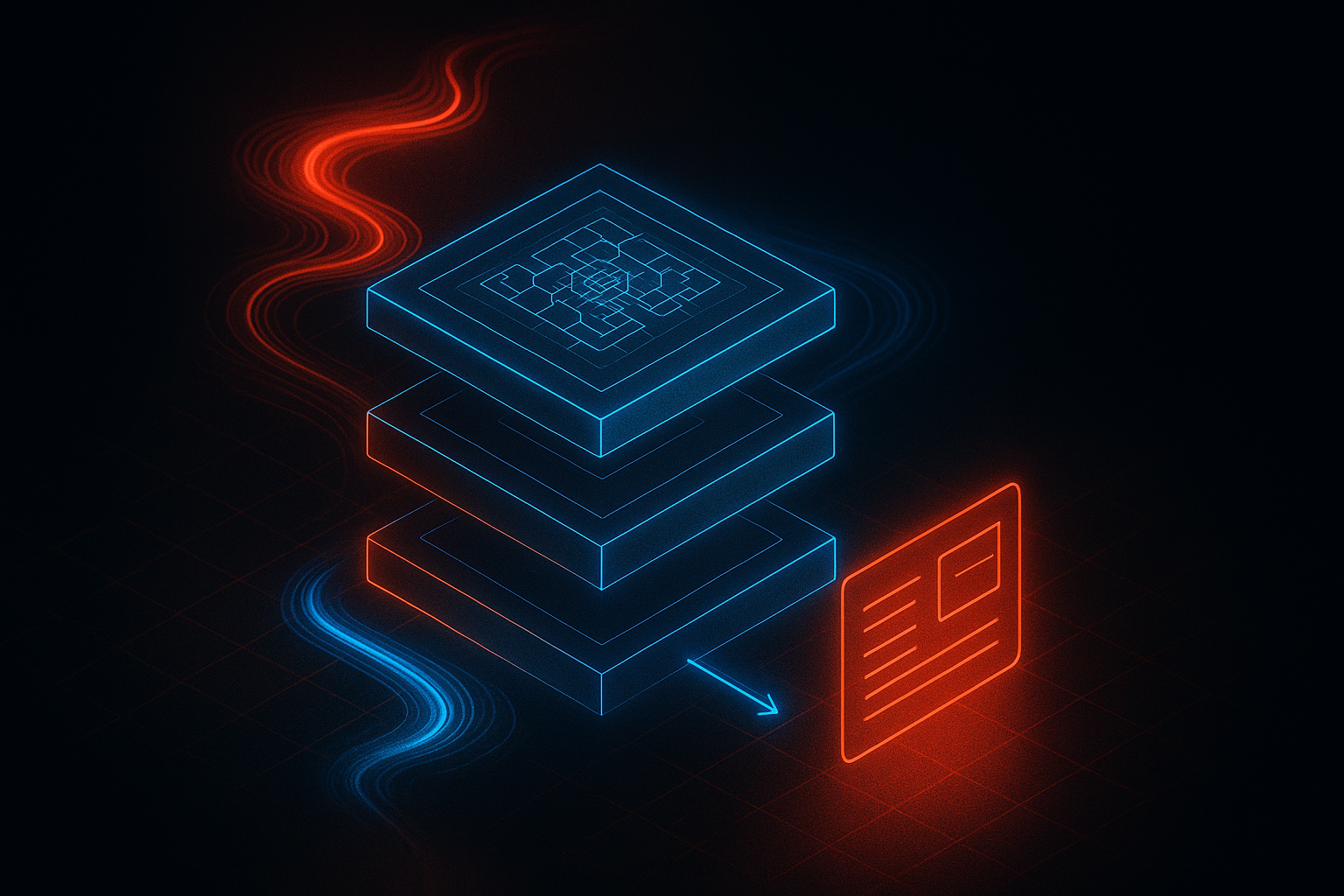Future Planet: Because there’s no planet B
At Beyond, we believe that creativity and technology can be used for good, helping to solve some of our world’s biggest problems. This was the guiding principle behind a recent project showcasing how voice technology could help build a better future for our planet.


Every year, 80 million tons of plastic ends up in the ocean. At this rate, there will be more plastic by weight than fish in our oceans by 2050. Globally, the average person is responsible for wasting 3,400 litres of water every day. Only one third of the UK’s plastic food packaging is recycled. It takes more than 9,085 litres of water to produce just one pound of meat.
These are just some of the shocking facts about our environment that are starting to gain mainstream attention. Gaining attention is one thing. But we wanted to see how we could turn this attention into action.
Beyond’s Innovation, Research and Development programme (BIRD), swooped in to take on the challenge, and Future Planet was born. Available on Google Assistant powered devices, Future Planet raises awareness of the problems our planet is facing and energises people to tackle them head on.

When you ask your Google Assistant to speak to Future Planet, you’re greeted by the option to hear a challenge or a fact. After learning that almost 69% of our freshwater supply is contaminated by chemical pesticides, herbicides and chemical fertilisers, Future Planet will challenge you to switch to eco-friendly soaps and cleaning products for a week. Or, better yet, DIY your own products using lemon juice, baking soda and vinegar.
By stating the problem and posing challenges that people can easily complete in their day-to-day lives (like forgoing plastic straws and going meat free for one day a week), Future Planet aims to help people create more environmentally friendly behaviours. With continued use, this simple voice app can create lasting global impact—and it takes roughly 66 days to form a habit.
Research shows that concern for the environment is growing and consumers are turning to more sustainable options across many sectors. According to the Ethical Consumer, the market for ethical products and services has grown by more than £40bn since 2008.
We’re entering a new era of sustainability where consumers around the world are actively making changes to their daily habits. But juggling convenience, awareness, price and accessibility along with a desire to protect the environment can be tricky—especially with so many options to choose from and so much information to process. Future Planet aims to step up as a partner in the quest to do better for the world. We hope to continue building on our content to create more ways to make a difference. A little change now can have a big impact on our planet’s future. Remember, there’s no planet B.








